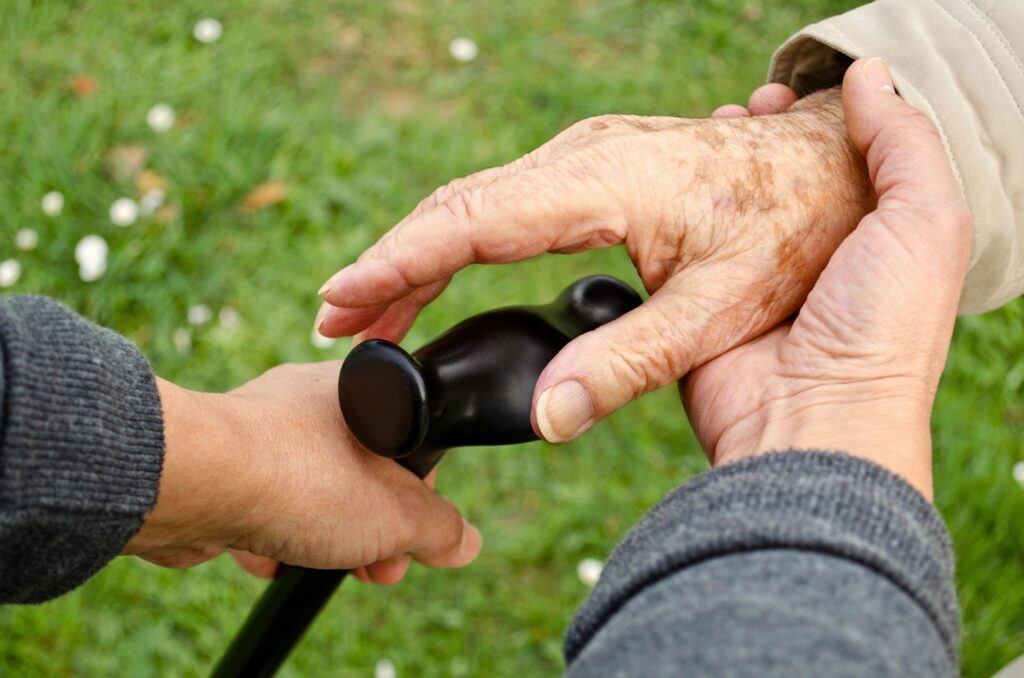Eating well is crucial for everyone, but it becomes even more important when facing cancer. Proper nutrition during cancer treatment can significantly impact your well-being, helping you maintain strength, fight off infection, and recover from side effects.
Image by Michelle Leman from pexels
However, cancer and its treatment can make eating a challenge. From nausea and vomiting to taste changes and difficulty swallowing, the process can be discouraging. This guide aims to empower you with knowledge and practical tips to manage your diet during this crucial time.
Remember,
while this information provides a helpful starting point, a registered dietitian can create a personalized plan to meet your specific needs and preferences.
Understanding Treatment Effects on Appetite and Digestion
Cancer treatments like chemotherapy, radiation, and surgery can affect your appetite and digestion in various ways. Common side effects include:
- Nausea and vomiting
- Diarrhea
- Mouth sores and difficulty swallowing
- Taste changes and loss of appetite
These side effects can make eating unpleasant and lead to malnutrition, hindering your body’s ability to fight cancer and recover from treatment.
Nutritional Needs of Cancer Patients
During cancer treatment, your body needs a steady supply of nutrients to heal, maintain strength, and support your immune system. These nutrients fall into two main categories:
- Macronutrients: These provide your body with energy. They include:
- Protein: Essential for building and repairing tissues. [Sources: lean meat, fish, poultry, eggs, beans, lentils.]
- Carbohydrates: Provide energy. Choose complex carbohydrates for sustained energy and fiber for gut health. [Sources: whole grains, fruits, vegetables.]
- Healthy Fats: Provide energy and support immune function. [Sources: avocados, nuts, seeds, olive oil.]
- Micronutrients: These vitamins and minerals are essential for various bodily functions and a healthy immune system. [Sources: fruits, vegetables, fortified foods.]
Tips for Managing Diet Challenges
Eating well during cancer treatment might require some adjustments to your usual routine. Here are some tips to help you manage common challenges:
- Small, Frequent Meals: Aim for 5-6 small meals or snacks throughout the day rather than 3 large meals. This can help ease nausea and improve digestion.
- Focus on Easy-to-Digest Foods: Choose soft, cooked vegetables, fruits without peels, yogurt, smooth soups, mashed potatoes, and well-cooked lean meats.
- Manage Nausea and Vomiting: Use anti-nausea medication as prescribed by your doctor. Ginger tea, bland foods like crackers, and sucking on ice chips can also help.
- Dealing with Mouth Sores: Opt for soft, cool foods like applesauce, yogurt, or mashed potatoes. Use sugar-free mouthwash to soothe discomfort and address dry mouth with lozenges or sugar-free candy.
- Taste Changes: Experiment with different flavors, spices, and herbs to make food more appealing. Cold foods can sometimes taste stronger.
- Hydration: Drink plenty of fluids throughout the day to prevent dehydration, especially if you experience nausea or diarrhea. Water is best, but consider other options like clear broths or diluted fruit juices.
- Food Safety: To avoid infections, emphasize safe food handling practices. Wash fruits and vegetables thoroughly, cook food to proper temperatures, and avoid raw or undercooked foods.
Image by Michelle Leman from pexels
Sample Meal Plan for Cancer Patients
Here’s a sample meal plan to illustrate how you can incorporate different food groups throughout the day. Remember, this is just a general example, and you may need to adjust it based on your preferences and treatment side effects.
- Breakfast: Oatmeal with berries and nuts, scrambled eggs with whole-wheat toast
- Mid-morning Snack: Greek yogurt with fruit and granola
- Lunch: Chicken or fish salad sandwich on whole-wheat bread with lettuce and tomato, vegetable soup
- Afternoon Snack: Cottage cheese with fruit or a handful of nuts and dried fruit
- Dinner: Salmon with roasted vegetables and brown rice, lentil soup with whole-wheat bread
- Evening Snack: Warm milk with a banana or a protein smoothie
Additional Resources and Support
Many reputable resources offer valuable information on diet and nutrition for cancer patients. Here are a few examples:
- The American Institute for Cancer Research: https://www.aicr.org/
- The National Cancer Institute: https://www.cancer.gov/
- The Academy of Nutrition and Dietetics: https://www.eatright.org/
Support groups and registered dietitians can also be invaluable resources. They can provide personalized guidance, suggest recipes, and offer emotional support during your cancer journey.






